Science Stars Health Challenge
Fuel a movement for vibrant health! The Science Stars Health Challenge calls on secondary school students to dive into the wellness world, igniting curiosity and fostering innovative thinking to promote personal health and vitality.
This is your chance to shine! Engage in the Discovery Health Science Workshops, where hands-on experiments and expert-led sessions unlock the science behind well-being. Test your knowledge in quiz challenges. By participating, you’ll connect with peers passionate about health and science, creating a ripple effect of positive change. Let’s unlock a healthier future together!
Objectives
By taking part in the Science Stars Health Challenge, participants will have the opportunity to:
|
Build scientific knowledge and practical skills through interactive Discovery Health Science Workshops, nurturing personal growth and healthy habits |
Collaborate with peers in quiz challenges, fostering teamwork and a passion to health and well-being |
Connect with like-minded students from across Hong Kong who share a passion for science and healthy living |
Participant Eligibility
|
Secondary 3 – 6 students |
Each team should consist of 5 students from the same school |
Format of Science Stars Health Challenge

Task 1: Discovery Health Science Workshops
Complete 3 out of 5 Discovery Health Science Workshops offered by five departments: Biology, Chemistry, Computer Science, Mathematics and Physics. Each 1-hour workshop focuses on a specific topic related to the festival’s theme. Teams are encouraged to prioritise their preferred workshops based on their interests and strengths.

Task 2: Quiz Challenges
Take on quiz challenges related to the workshop topic upon its completion. Each challenge offers participants the opportunity to earn points, contributing to their overall score in the Science Stars Health Challenge.
Schedule
| Time | Activity |
|---|---|
| 09:00 – 09:15 | Registration and Welcome |
| 09:15 – 09:30 | Briefing Session on Science Stars Health Challenge |
| 09:30 – 10:30 | Discovery Health Science Workshop 1 |
| 10:45 – 11:45 | Discovery Health Science Workshop 2 |
| 12:00 – 13:00 | Discovery Health Science Workshop 3 |
| 13:00 – 14:00 | Lunch Time |
| 14:20 – 14:50 | Awards Ceremony cum Sharing Session |
Assembly point: University Chapel, Ho Sin Hang Campus, HKBU
Scoring Criteria
| Task | Percentage | Criteria |
|---|---|---|
| Discovery Health Science Workshops | 30% | Upon completion of three selected workshops |
| Quiz Challenges | 70% | Scoring based on the accuracy and timeliness of answers. |
The three teams achieving the highest scores will win first, second, and third place in the Science Stars Health Challenge.
Awards for Science Stars Health Challenge



The winning teams will be awarded cash rewards, trophies and certificates. Every participant will receive a Certificate of Participation to recognise their active involvement in the Science Stars Health Challenge.
Special Awards
The team demonstrating the best teamwork in each Discovery Health Science Workshop will be awarded the following:
- Best Teamwork Award for Biology Workshop (HKD 1,000)
- Best Teamwork Award for Chemistry Workshop (HKD 1,000)
- Best Teamwork Award for Computer Science Workshop (HKD 1,000)
- Best Teamwork Award for Mathematics Workshop (HKD 1,000)
- Best Teamwork Award for Physics Workshop (HKD 1,000)
Contact
Tiny Worms Big Impact: Nematodes in Health and Environment
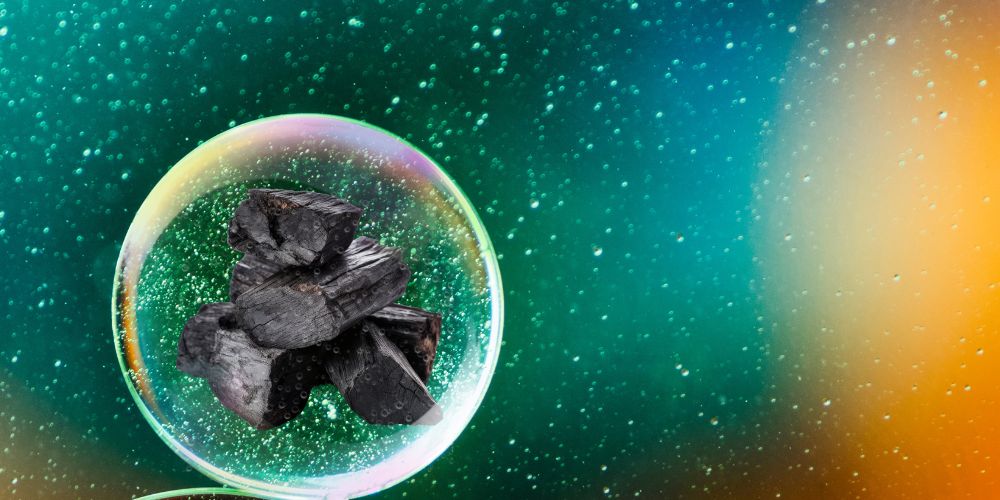
Nematodes, especially a type called Caenorhabditis elegans, are tiny, transparent worms that have made significant contributions to science, earning scientists four Nobel Prizes in Physiology or Medicine. These worms are ideal for research due to their simple bodies and short life cycles. Scientists have used them to study important topics like Alzheimer’s and Parkinson’s diseases.
Beyond medicine, nematodes are important for monitoring environmental health. They live in the soil and can quickly indicate ecosystem healthy by responding to pollution from heavy metals and pesticides. Some nematodes also cause diseases in humans and animals, the latter impacting food security. By studying these worms, researchers can develop new treatments and better ways to protect our environment, health and food security supplies.
In this workshop, you will explore various aspects of nematodes, including their appearance by observing live specimens under a microscope, their natural habitats, and their dietary preferences by feeding them. You will learn how to feed them by transferring them from bacteria plates using a worm pick and watch videos of live embryo development to see how their eggs grow into worms. Through these hands-on experiences, you will gain a solid understanding of how nematode species contribute to both human health and environmental well-being.
| Unit: Biology |
Type: Workshop |
| Language: English |
Speaker(s): Professor Zhao Zhongying |
| Time: 09:30 – 10:30 10:45 – 11:45 12:00 – 13:00 |
Venue: OEW1003&4 (Ho Sin Hang Campus) |
| Target: Secondary school students |
Quota: 30 per session |
Decoding ChemEye: Beverage Colourant Analysis Workshop
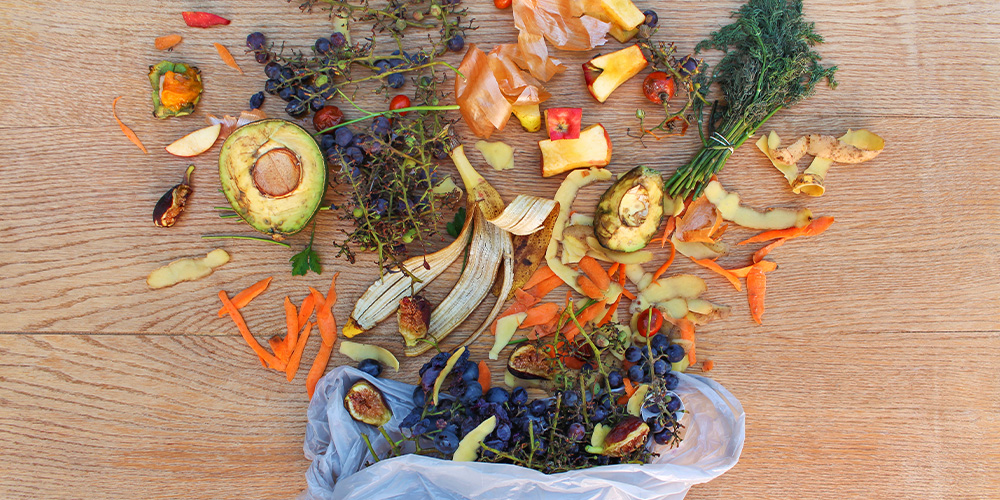
Food colourants play a crucial role in the food industry by enhancing the visual appeal of products, influencing consumer perceptions, and sometimes indicating flavour or nutritional content. Historically, colourants have been derived from natural sources such as plants and minerals; however, the development of synthetic dyes has expanded the range and intensity of colours available for use in foods and beverages. This workshop aims to analyse food colourants in beverages using the mobile app ChemEye.
| Unit: Chemistry |
Type: Workshop |
| Language: Cantonese |
Speaker(s): Miss Anna Chan |
| Time: 09:30 – 10:30 10:45 – 11:45 12:00 – 13:00 |
Venue: OEW801 (Ho Sin Hang Campus) |
| Target: Secondary school students |
Quota: 25 per session |
Building AI Chatbot for Choosing Healthy Food

This workshop aims to guide participants in creating an AI chatbot with the capability to let users understand nutrition labels and choose healthy food. Through the development process, participants will gain a deeper understanding of the applications of Machine Learning and Deep Learning, particularly Natural Language Processing (NLP). The recent use of AI chatbots in the education sector has shown promising potential, and participants have an opportunity to gain hands-on experience with this technology.
Participants need a Google account to take part in this workshop.
| Unit: Computer Science |
Type: Workshop |
| Language: Cantonese, supplemented with English |
Speaker(s): Ms Florence Fok |
| Time: 09:30 – 10:30 10:45 – 11:45 12:00 – 13:00 |
Venue: FSC801C&D (Ho Sin Hang Campus) |
| Target: Secondary school students |
Quota: 50 per session |
Understanding Reproduction Number: How Mathematics Tracks Epidemics
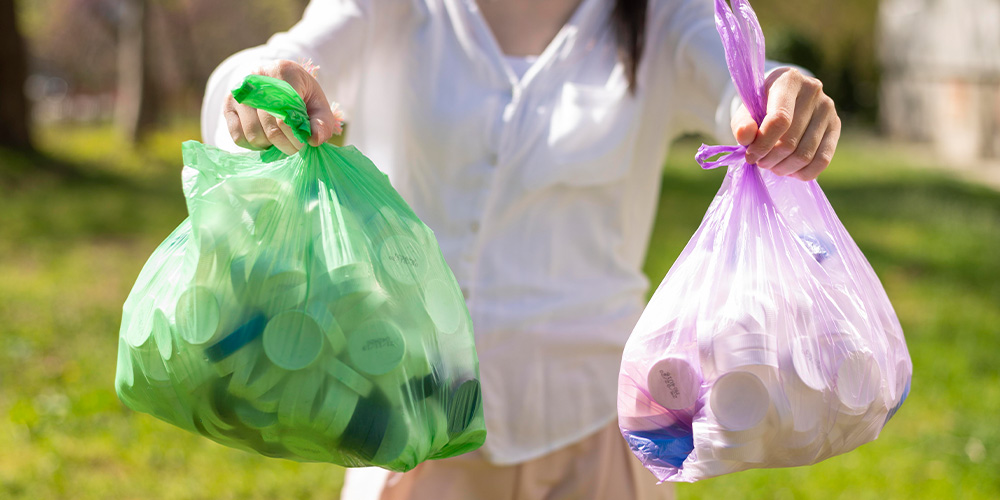
This interactive workshop introduces participants to the basic concept of the reproduction number (R₀), a key measure in epidemiology used to understand the spread of infectious diseases. Through simple models, simulations, and real-life examples, participants will explore how R₀ is calculated, what it reveals about disease control, and how mathematics plays a vital role in public health decision-making.
| Unit: Mathematics |
Type: Workshop |
| Language: Cantonese |
Speaker(s): TBA |
| Time: 09:30 – 10:30 10:45 – 11:45 12:00 – 13:00 |
Venue: FSC1110 (Ho Sin Hang Campus) |
| Target: Secondary school students |
Quota: 25 per session |
HealthTech Innovators - Fun with Wearable Health Devices
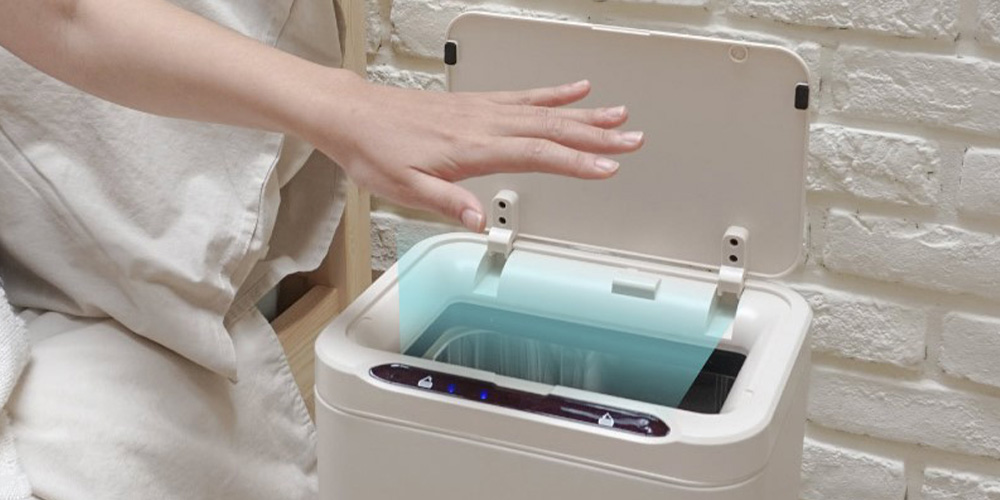
This workshop promotes Good Health and Well-being (Sustainable Development Goal 3) by providing practical and hands-on experience with smart devices. Participants will learn about key health metrics and how to use wearable or portable technology effectively to enhance well-being. Using innovative smart technology, the workshop will explore parameters such as body mass index (BMI), step count, human pulse profile and heart rate, blood oxygen levels, blood pressure, stress levels, and sleep quality. Worksheets will be provided to support learning.
| Unit: Physics |
Type: Workshop |
| Language: Cantonese |
Speaker(s): Dr Chan Mau Hing |
| Time: 09:30 – 10:30 10:45 – 11:45 12:00 – 13:00 |
Venue: OEE901A&B (Ho Sin Hang Campus) |
| Target: Secondary school students |
Quota: 30 per session |
Science and the Microbial World
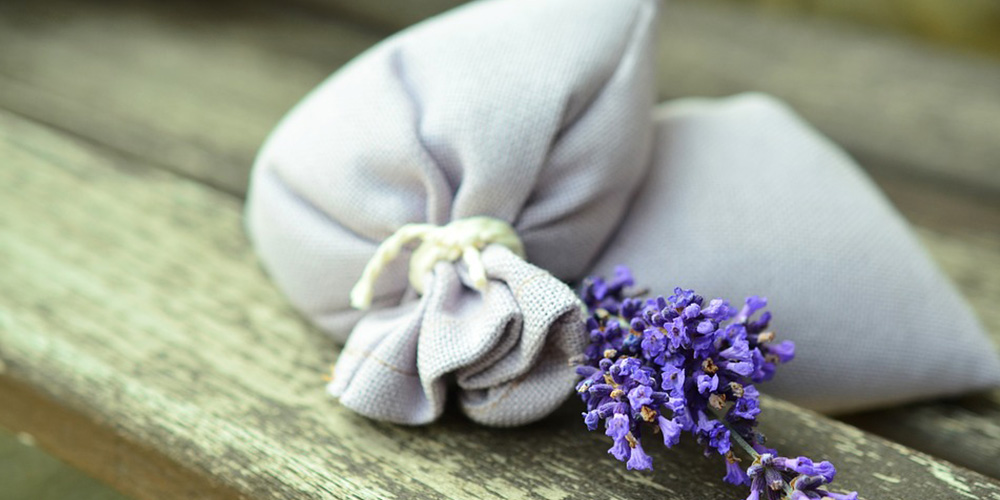
Bacteria are all around us and play a crucial role in human health. Come and learn about the differences between Gram-positive and Gram-negative bacteria, observe the growth and characteristics of bacterial colonies, and see how antibiotics affect bacterial activity. Visitors will also have the chance to observe the effectiveness of different handwashes in removing bacteria from hands and understand the importance of hand hygiene in preventing the spread of bacteria.
| Unit: Biology |
Type: Scientific Demonstration |
| Language: English and Cantonese |
Speaker(s): TBA |
| Time: 09:30 – 13:30 |
Venue: SCT1008 (Ho Sin Hang Campus) |
| Target: Secondary school students |
Quota: 20 per group Walk-ins welcome |
Forensic Toxicology and Drug Analysis

The identification of illegal drugs is a crucial step in promoting a healthy and safe society. This demonstration aims to equip participants with the knowledge and skills necessary to analyse and identify various types of illegal substances. Through a combination of overview and practical examples, students will explore different chemical and forensic techniques used in drug analysis.
| Unit: Chemistry |
Type: Scientific Demonstration |
| Language: Cantonese |
Speaker(s): Mr Eric Jim |
| Time: 10:00 – 11:00 11:30 – 12:30 |
Venue: SCT1308 (Ho Sin Hang Campus) |
| Target: Secondary school students |
Quota: 25 per session |
Chemistry Laboratory Tour

Participants will visit the research laboratory (OEW901), the Central Facility Laboratory (OEW501) and the Teaching laboratory (SCT1308) in the Chemistry Department and observe the instruments for environmental and biological analysis.
| Unit: Chemistry |
Type: Visit |
| Language: Cantonese |
Speaker(s): Mr Tommy Poon W. H. |
| Time: 10:00 – 11:00 11:30 – 12:30 |
Venue: OEW501 (Ho Sin Hang Campus) |
| Target: Secondary school students |
Quota: 25 per session |
MathRomance

MathRomance is an interactive game that explores the science behind romantic relationships through the language of mathematics. Through a specially designed game, participants engage with mathematical concepts that model the dynamics of attraction, compatibility, and emotional decision-making. The game aims to arouse interest in mathematics by presenting it in a fun, relatable, and interdisciplinary context, while guiding participants to understand how mathematics can be applied beyond the classroom—to the complexities of human emotions and relationships.
| Unit: Mathematics |
Type: Workshop |
| Language: Cantonese |
Speaker(s): Dr Chiang Shun Ling |
| Time: 09:30 – 13:30 |
Venue: OEE601 (Ho Sin Hang Campus) |
| Target: Secondary school students |
Quota: Walk-ins welcome |
BSc in Computer Science Graduation Exhibition
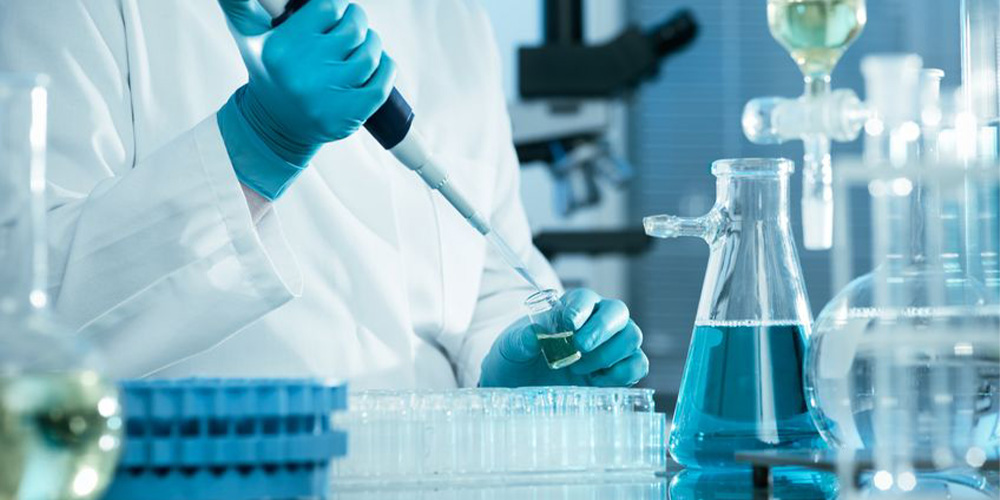
The exhibition showcases the accomplishments of Computer Science students in projects focused on health informatics, as well as areas such as AI, education, and more. It demonstrates how students develop innovative applications and systems using cutting-edge technologies to advance health studies. Visitors will also gain insights into how students leverage data analysis and information technology to improve overall community well-being.
| Unit: Computer Science |
Type: Visit |
| Language: Cantonese, supplemented with English |
Speaker(s): N/A |
| Time: 09:30 – 13:30 |
Venue: RRS735 (Ho Sin Hang Campus) |
| Target: Secondary school students |
Quota: Walk-ins welcome |
Smart Health Devices: Monitoring Your Health Journey

This activity offers hands-on experience with both commercial and custom-built smart devices, allowing visitors to explore various biometric parameters. These include body mass index (BMI), step count, heart rate and pulse profile, blood oxygen level, blood pressure, stress levels, and sleep quality. Through this exploration, visitors will discover how smart devices can support a healthier lifestyle and enhance overall well-being.
| Unit: Physics |
Type: Scientific Demonstration |
| Language: Cantonese |
Speaker(s): Dr Chan Mau Hing |
| Time: 09:30 – 13:30 |
Venue: OEE901C (Ho Sin Hang Campus) |
| Target: Secondary school students |
Quota: 10 per group Walk-ins welcome |
Science Stars Health Challenge
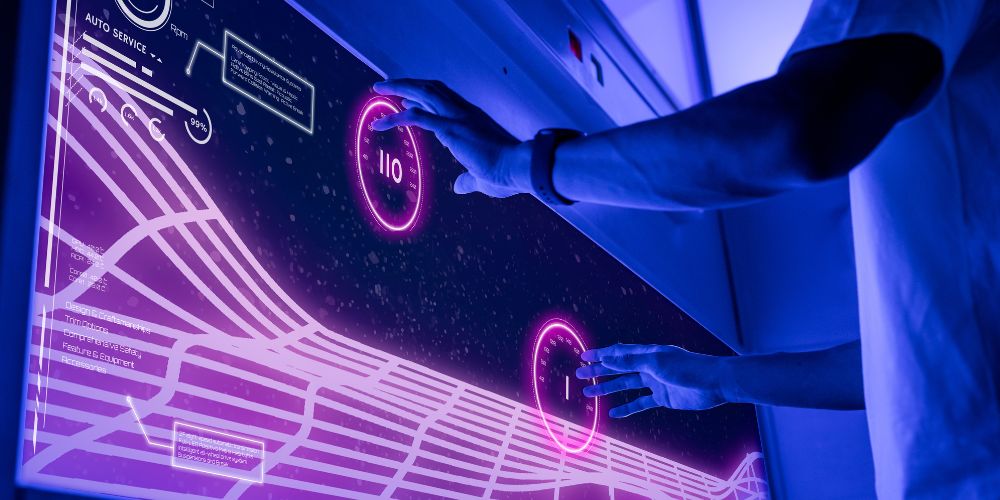
| Unit: Notice: Undefined index: in /var/www/html/scifest/competition.php on line 881 |
Type: competition |
| Language: |
Speaker(s): |
| Time: |
Venue: |
| Target: |
|


